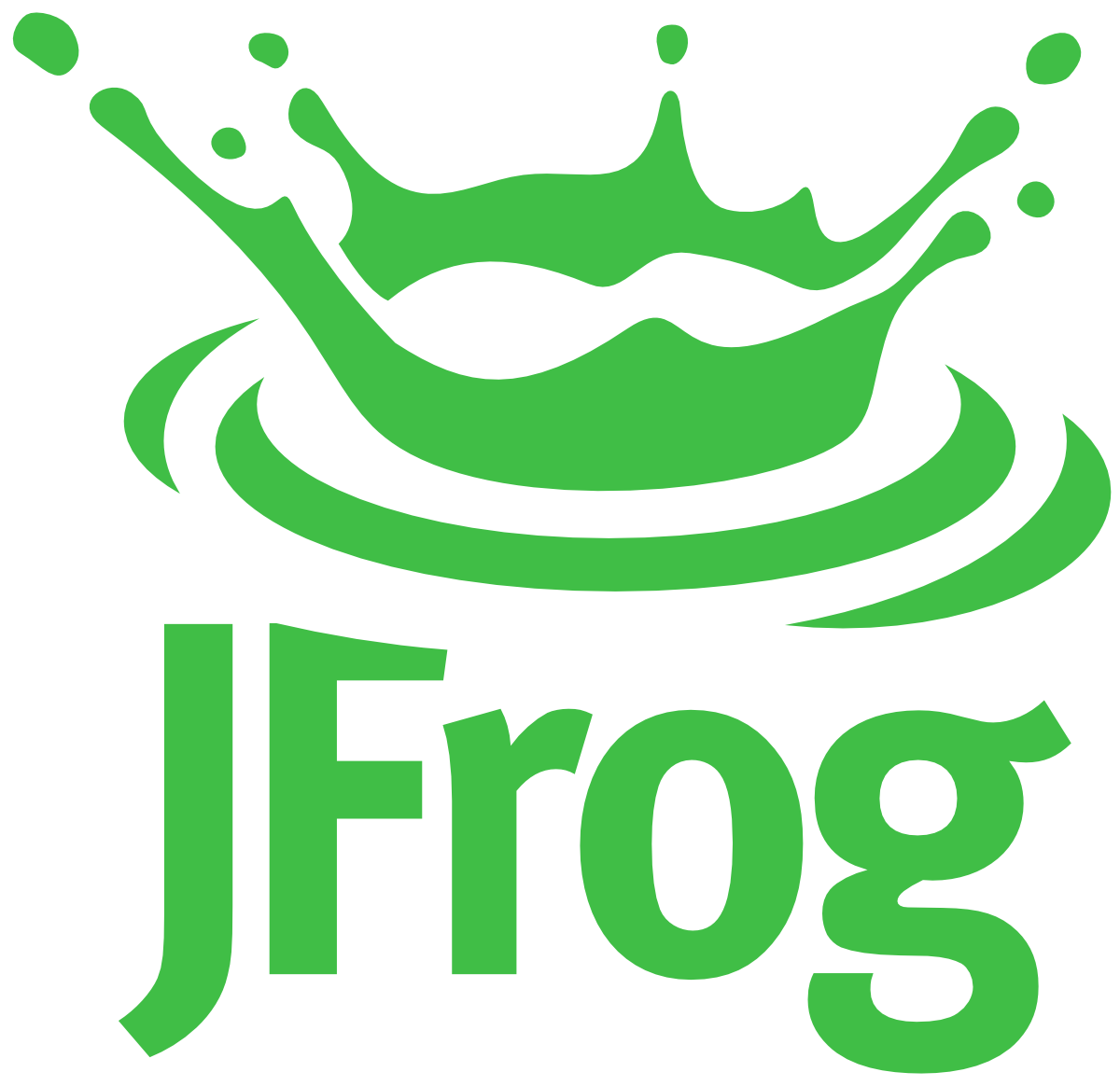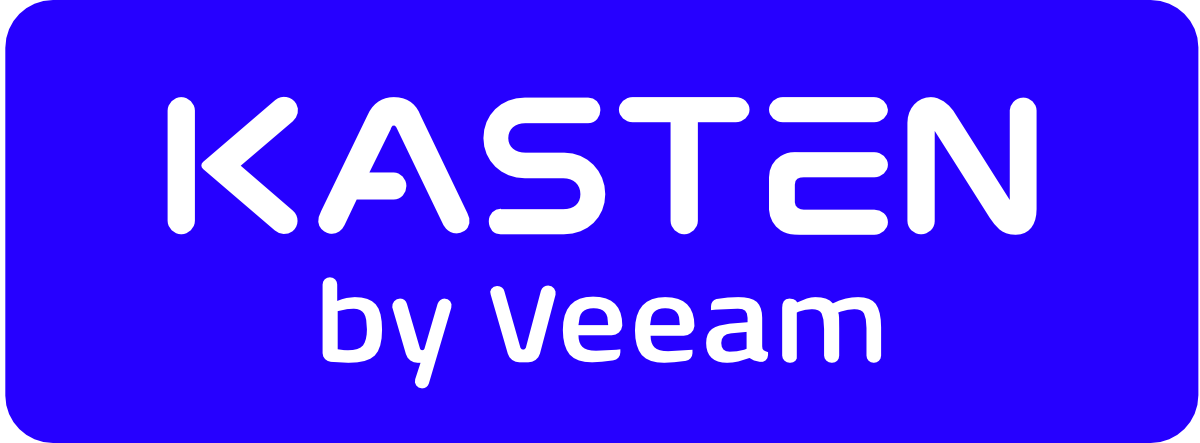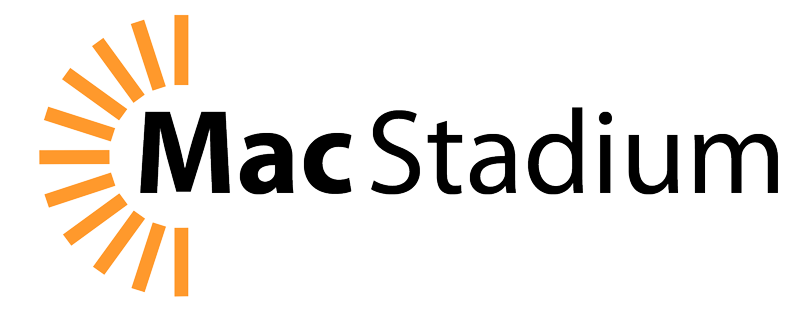VMblog: Can you give VMblog readers a quick overview of your company?
Dave Cope: Spectro Cloud set out to solve a very important problem: how do you manage Kubernetes when you start to use it for production workloads, at scale? The result was our SaaS product, Palette. Palette is a Kubernetes management platform that's designed to tackle all the pain points that enterprises had with previous-generation management platforms like Rancher, Tanzu and OpenShift.
Palette's architecture is designed to scale - and we mean really scale - to thousands of clusters. It lets you use any OS, any distro and any software integrations on top, so it's not opinionated. By extending the CNCF Cluster API project, we enable ops teams to define full-stack Cluster Profiles then declaratively manage clusters across any environment: cloud, DC, bare metal and edge. We spend a lot of time on things that matter in the enterprise, such as access controls and day two operations like backup, patching and cost management, plus compatibility testing, CI/CD integration and support.
We're confident in our product and proud to say we've already earned the trust of leading Kubernetes adopters.
VMblog: Your company is sponsoring this year's KubeCon + CloudNativeCon event. Can you talk about what that sponsorship looks like?
Dave Cope: KubeCon is our biggest and best event of the year - it's where we get to connect with the community we built our business to serve, so we just love this show. We're a silver sponsor of the main event just as we were last year and at the EU show in Valencia, so we have a booth at S74. But we're also a Diamond sponsor of the co-located Edge Day, which we're really excited about - we believe edge is where Kubernetes has the most potential to shine, but it's also where the management challenges are greatest!
VMblog: How can attendees of the event find you? What do you have planned at your booth this year? What type of things will attendees be able to do at your booth?
Dave Cope: You won't be able to miss us at Edge Day, or on the main floor at booth S74 all week. Our swag game is pretty strong, but the best reason to come see us is to get a live demo from one of our engineers. People's minds are always blown when they see how easy it is to do some incredibly powerful things at scale, at speed.
VMblog: Are you and your company excited for this event to be in person this year in Detroit? What are your thoughts and expectations for the show? Are attendees ready to come back in person, in full force?
Dave Cope: Oh, 100%. We go to a LOT of events, in America and in Europe, and the shows have been humming all summer long. The community is clearly so happy to be back having face-to-face interactions, both during the shows and at the afterparties! Zoom is great, but you can't get this kind of immersion in a webinar.
VMblog: Have you sponsored KubeCon + CloudNativeCon in the past? If so, what is it about this show that keeps you coming back as a sponsor?
Dave Cope: We have, and we're committed to this show - it's where the whole community rallies around. The truth is that there's a wide wide world of IT out there, and although you and I might know Kubernetes and how amazing it is, if you drop into a show like Mobile World Congress, 90% of the people you speak to haven't heard of it. It's only at shows like KubeCon, and the smaller community events like KCD and DevOpsDays, where you get that real shared experience. For us, it's also a great opportunity to meet all our partners and customers and bring our distributed team together, in person. It's unbeatable.
VMblog: What do you attribute to the success and growth of this industry?
Dave Cope: Cloud-native in general, and Kubernetes in particular - in the end it's all about how we drive the best application experiences for users. The term "digital transformation" is so vague and overused, but what it boils down to is feature velocity for applications and business processes, and that depends on having agile, scalable infrastructure. What you can do with microservices, containers and Kubernetes would have been inconceivable in the pre-cloud era. The person on the street would have no idea what Kubernetes is - but it's the force behind their banking apps, the ecommerce sites they buy from and the AI analysis of the MRI scan they have at the hospital.
VMblog: Do you have any speaking sessions during the event? If so, can you give us the details?
Dave Cope: We sure do. We have a keynote at 9:15 a.m. EST on Edge Day. We're also on the waitlist (along with many other amazing presentations!) for a session we're presenting with Apple about using KubeVirt, Cluster API and MAAS to deliver bare metal clusters to thousands of developers. It's an exciting story, so if we don't present it here, look out for a possible future webinar on the topic!
VMblog: What are you personally most interested in seeing or learning at KubeCon + CloudNativeCon?
Dave Cope: The honest answer: most of our team will be at our booth talking to attendees whenever the expo floor is open, so we won't have as much time to sneak away to attend sessions as we'd like. But we're particularly looking forward to a breakfast panel we're organizing with The New Stack, following our successful ‘Tapas Tuesday' back in Valencia. We've gathered a diverse group of voices to talk about "K8s couples therapy" between devs and ops teams: a perennial topic but an important one. We're hoping for real home truths that will benefit our community as a whole.
Beyond that, it's always fascinating just wandering the show, seeing all the new startups and projects and cool innovations that this ecosystem cultivates. It's one of the consistently magical things about the cloud-native space.
VMblog: What kind of message will an attendee hear from you this year? What will they take back to help sell their management team and decision makers?
Dave Cope: Our core message is the same: if you're running Kubernetes in production, at scale, that means you're probably dealing with multiple distributions, multiple environments, multiple elements in your K8s stack, multiple dev teams...potentially across hundreds or thousands of clusters. It's complex. The only way to bring that complexity under control is with the right management approach: one that covers all your technologies and environments consistently, and gives you automated, declarative management throughout the whole lifecycle. We try to be humble about this, but we believe we're the only K8s management platform vendor that can actually deliver on that vision.
This year in particular we have a few newsworthy items we want to call out:
The first is the edge. We recently made an announcement of our new Palette Edge platform in September, featuring some bold new security and usability features. We are 100% convinced that edge is the hottest frontier in Kubernetes and it makes management 10x harder due to scale, hardware limitations and other factors. This is where we're focusing.
The second is the developer experience. This was partly what drove our choice of topic for our panel with The New Stack, but we think it's a real community hot topic. Should devs care about K8s? What is their experience today? How can we as a community resolve some of the tension around things like speed and flexibility versus enterprise control of cost and security? Technologies like virtual or nested clusters might be the answer.
VMblog: Can you double click on your company's technologies? And talk about the types of problems you solve for a KubeCon + CloudNativeCon attendee.
Dave Cope: Absolutely. As we said, our technology is a platform called Palette, which is a closed-source, primarily SaaS-delivered product that draws on the best of the open source community - projects like Cluster API, Kairos and vcluster - and wraps that in a powerful interface, with extremely broad integrations, enterprise-style SLAs and support options, and usage-based pricing.
We mainly solve pain points for IT operations, whether that's a devops, platform engineer or site reliability engineer (SRE) - the people in charge of the Kubernetes environment who are really feeling the pain of managing multiple clusters. They're probably short of headcount and facing an endless to-do list. They want to get smart about things like day two operations: How do you tackle all the issues like backups, cost controls, access controls, upgrades and patching? How can you avoid manual rework across multiple clusters, even in multiple different cloud or on-prem environments?
Conventional management tools help, but they don't necessarily cover the "full stack" above Kubernetes itself, or even the OS layer beneath. Many of them are highly opinionated, restricting what distros you use or what integrations you put on top (think of all those different logos you see wandering around the event). They often take care of deployment but not lifecycle, which is hugely limiting. And many of them are unable to scale beyond tens of clusters without performance issues or extra management workload caused by a management server-based architecture, which makes large-scale deployments, particularly those on the edge, unworkable. We want to show ops folks that there is an alternative.
We've also tried to anticipate future problems that these ops roles will face. Things like lock-in: Who hasn't been burned by that before? That's why we're so keen to support as many environments and integrations as possible, why we base our platform on Cluster API and why we contribute to open-source projects. We want to show that when you choose us, you won't be stuck paying a tax for years.
VMblog: Where does your company fit within the container, cloud, Kubernetes ecosystem?
Dave Cope: We do our best to put our arms around most of the Kubernetes ecosystem. We have a graphic on our website that shows a stack model, from OS, CNI, CSI and Kubernetes distribution at the bottom, up through layers like ingress, monitoring, service mesh, security and so on, with a host of logos against each layer. What our Palette platform essentially does is let you build profiles for your clusters that draw from packs of these projects across the ecosystem. We understand all of the integrated elements, we deploy them to create one or more running clusters wherever you want and we help you manage, update, patch and support the whole stack throughout its lifecycle. You could call us an enterprise Kubernetes management platform, but one of the things that sets us apart is that we don't solely manage Kubernetes; rather, we help teams manage the whole stack.
VMblog: KubeCon + CloudNativeCon is typically a great venue for a company to launch a new product or an update to an existing product. Will your company be announcing anything new? If so, can you give us a sneak preview?
Dave Cope: We are launching a couple of things, actually. Stay tuned over the next couple of weeks.
We recently announced a major new release of our Palette Edge platform. Our original Palette Edge platform, first launched in March 2022, earned us recognition as a 2022 Gartner Cool Vendor in Edge Computing. It enables organizations to re-define how cost-efficiently they can deploy and manage edge K8s clusters at scale, including at locations with small form factor devices, no on-site IT skills and marginal connectivity. Palette Edge delivers remote troubleshooting, zero-downtime rolling upgrades and patch management, even in single-server edge deployments, due to its unique A/B OS partition, multi-node failsafe design and support for both ARM and x86 architectures, including Intel's Trusted Platform Module (TPM).
Extending its core Palette foundation, Palette Edge today adds unique security, visibility and usability capabilities, setting a new industry standard for deploying and centrally managing edge K8s at scale, dramatically lowering total cost of ownership and risk for organizations of any size expanding to the edge. Palette Edge is purpose-built to support key industry use cases including Internet of Things device management and orchestration, data ingestion, streaming, analytics and AI inference.
The new Palette Edge delivers on the key priorities for edge K8s users with:
- Tamperproof security for Kubernetes at the edge: Spectro Cloud research found that security is the #1 concern when adopting edge Kubernetes.
- Palette eXtended Kubernetes Edge (PXK-E): This new edge-optimized Kubernetes distribution version of Spectro Cloud's CNCF-upstream Kubernetes distribution is available now to all Palette customers.
- A powerful NOC-like dashboard: Now organizations scaling to thousands or tens of thousands of edge devices have the power to manage their fleet more easily and with greater control than ever before.
- Ultra-simple edge device onboarding: In edge Kubernetes projects, organizations can find the act of deploying new devices in remote locations incredibly problematic; often, costly field engineering truck rolls are needed.
Along with our newest Palette Edge platform, we are excited to debut additional product and platform features in the coming weeks that you'll have to keep an eye out for during KubeCon.
VMblog: Where are we at in 2022 with regard to containers and Kubernetes? Is there anything still holding it back from a wider distribution? If so, what is it? And how do we overcome it?
Dave Cope: We recently ran a survey with 300+ people from dev and ops backgrounds, from C-suite to practitioner. They told us loud and clear that they are committed to Kubernetes, and their use of it is set to grow over the next 12 months in almost every dimension you can imagine. In that sense the future is very bright, very exciting.
But that doesn't mean it's smooth sailing. Our data showed, and our conversations at events like KubeCon also confirm, that using Kubernetes in production, at scale, is hard. People are concerned about security. They find it challenging to manage large numbers of clusters. They have issues caused by the complexity of their stacks, such as interoperability between different software elements. They feel there's a shortage of skills and resources in their teams. They believe the ‘learning curve' around Kubernetes is steeper than other technologies.
Some of these pain points are common to any developing technology, but that doesn't make them any less valid or important to address. Overcoming these challenges will require ecosystem collaboration: agreeing and propagating best practices; validating against open standards; and investing in education as well as knowledge sharing.
Our contribution is to make a product that takes some of the pain away from people that don't want to tackle all the issues on their own. For example, we test and validate for stack interoperability. We make deploying a cluster as easy as loading a profile and clicking deploy, if that's the way you want it. We provide a NIST-certified, hardened distribution and security scans to help tackle security. If you're running an ops team that's burnt out and wants an ‘easy button' for Kubernetes, this is a genuine option.
VMblog: Are companies going all in for the cloud? Or do you see a return back to on-premises? Are there roadblocks in place keeping companies from going all cloud?
Dave Cope: We see the situation a little differently: it's not about a pendulum swinging one way or the other but picking the right environment for the task at hand. Our research found that most companies use multiple environments, for various reasons. Maybe it's spreading vendor risk for getting locked in to one cloud provider. Maybe they want to squeeze the performance advantage out of bare metal. Maybe they need to deploy workloads close to the user in an edge environment. Maybe they have specific compliance requirements that force on-premises. Maybe there are legacy systems to contend with.
We think the important thing for any CIO and ops team is that they have control and choice on the one hand to put workloads where they need to be, and on the other hand to ensure that there's consistency in how different environments are managed because where there's inconsistency, there's effort and risk.
VMblog: The keynote stage will be covering a number of big topics, but what big changes or trends does your company see taking shape as we head into 2023?
Dave Cope: We're tracking several.
The volatility in the world economy is one: that naturally impacts things like the importance of cost controls and how IT leaders can manage infrastructure with static or smaller teams. We're past the era of free money, and that means we're past the era of free compute too!
Edge is another. Using Kubernetes to put portable containerized workloads close to the user is a key driver of innovation and customer experience in retail, healthcare, manufacturing and other industries. We are right on the tipping point of adoption - once some key roadblocks, like management at scale, are cleared.
The developer experience is the third. As businesses continually strive for accelerated code velocity, we collectively need to decide how developers get access to clusters to push their code. How can we do that with security and control, but not frustrate them,slow them down or force them to become Kubernetes experts? The more Kubernetes spreads across the enterprise, the more this issue will come up.
Lastly, we should give a nod to security. Although there have been some headlines about exposed clusters and vulnerabilities, we haven't yet seen the big exploited vulnerability that shakes the community to its core. But with the complexity and fragility of most Kubernetes stacks, it will come. We urgently need to make security a guiding principle in Kubernetes adoption, not simply through layering in security tools into our stacks, but through things like regular patching, eliminating snowflake clusters, isolating development teams, scanning and testing. Thankfully there is a lot of great innovation happening in Kubernetes security.










